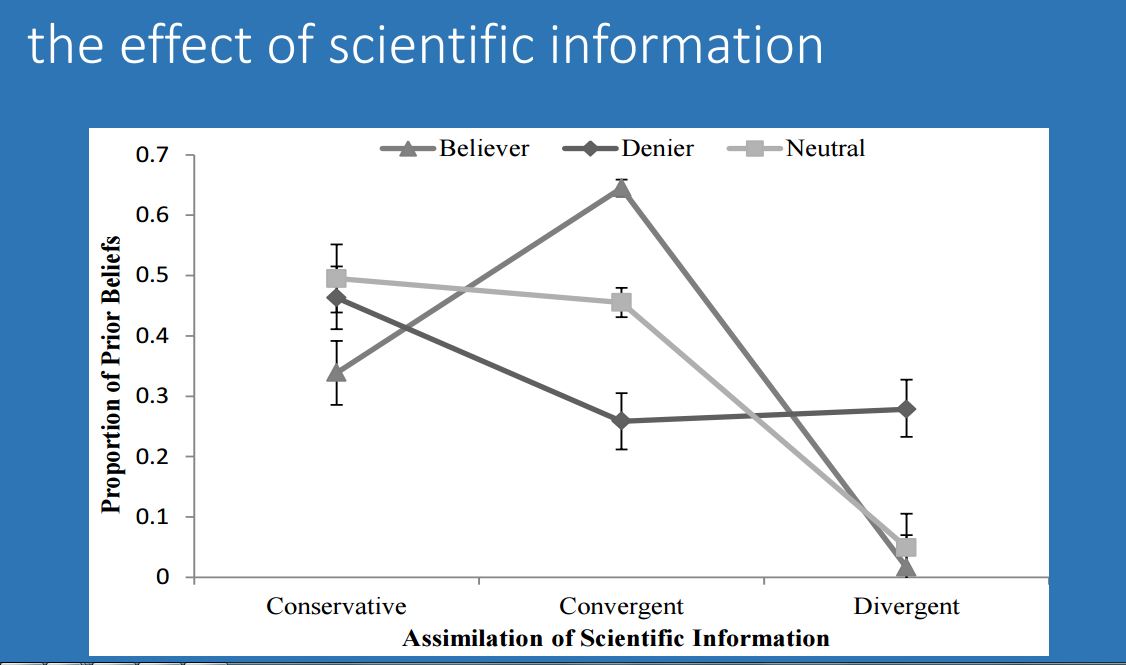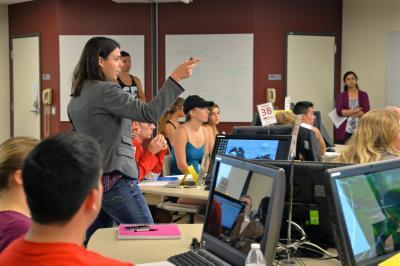 Marijuana For ADHD?
Marijuana For ADHD?Cannabis and THC, its main psychoactive compound, have been endorsed by people suffering from anxiety...
 Rutgers Study - Forcing DEI Programs On People Increases Hostility
Rutgers Study - Forcing DEI Programs On People Increases HostilityIf you have done nothing wrong, do you want to be treated like a criminal? That was always the...
 Minnesota Trial Lawyers Want To Ban Neonics - Here Is Why That Is A Mistake
Minnesota Trial Lawyers Want To Ban Neonics - Here Is Why That Is A MistakeMinnesota is having a challenging year, so challenging they are approaching California as the wackiest...
 The Toxic Masculinity Of Disney Movies
The Toxic Masculinity Of Disney MoviesOnce upon a time, stories were just stories. They were fantasies that took people to a new world...






 In America, the social sciences, like psychology and anthropology, are regarded as female occupations - because they are.
In America, the social sciences, like psychology and anthropology, are regarded as female occupations - because they are.
 In 2006 there was a serious decline in the number of honey bee colonies in parts of Europe and the United States and it brought renewed concern about another Colony Collapse Disorder, which had last occurred in the mid-1990s.
In 2006 there was a serious decline in the number of honey bee colonies in parts of Europe and the United States and it brought renewed concern about another Colony Collapse Disorder, which had last occurred in the mid-1990s.